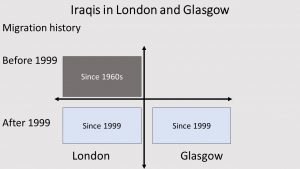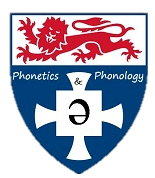The School of English Literature, Language and Linguistics wishes to appoint an outstanding scholar and teacher as a full-time teaching fellow in phonology for 12 months fixed-term, to start 15th January 2019.
https://www.jobs.ac.uk/job/BOG623/teaching-fellow-in-phonology-b172223a
Candidate
You will have a PhD, either in hand or near completion, in a relevant subject area and proven experience in undergraduate teaching of phonetics and phonological theory. Experience in a further sub-field, such as sociolinguistics or English historical linguistics, or a familiarity with quantitative methods would be an advantage. We would expect evidence of active engagement in the research in your subject area, in the form of publications appropriate to the stage of your career.
The successful candidate will be expected to contribute to Stage 1 modules in phonetics, phonology and morphology, as well as honours-level modules in phonological theory and other areas of their expertise. Lecturing staff, in addition, participate in the School’s thriving postgraduate culture by teaching on MA programmes as well as the IPhD programme in Phonetics and Phonology and supervising PhD students.
Newcastle University
The University holds a silver Athena SWAN award in recognition of our good employment practices for the advancement of gender equality, and the School is one of only very few units in our subject area in the UK to hold a Bronze award in its own right. The University also holds the HR Excellence in Research award for our work to support the career development of our researchers. We are also a member of the Euraxess network.
Contact Information
Informal enquiries can be made to: Dr Geoff Poole, Head of the School’s Language/Linguistics Subject Group: Geoffrey.Poole@ncl.ac.uk or Dr James Annesley, Head of School, James.Annesley@ncl.ac.uk.
Applications can only be accepted through the Newcastle University Job Vacancy website, https://vacancies.ncl.ac.uk/LoginV2.aspx
Contact Dr James Annesley James.Annesley@ncl.ac.uk
Application Deadline: 25 November 2018


